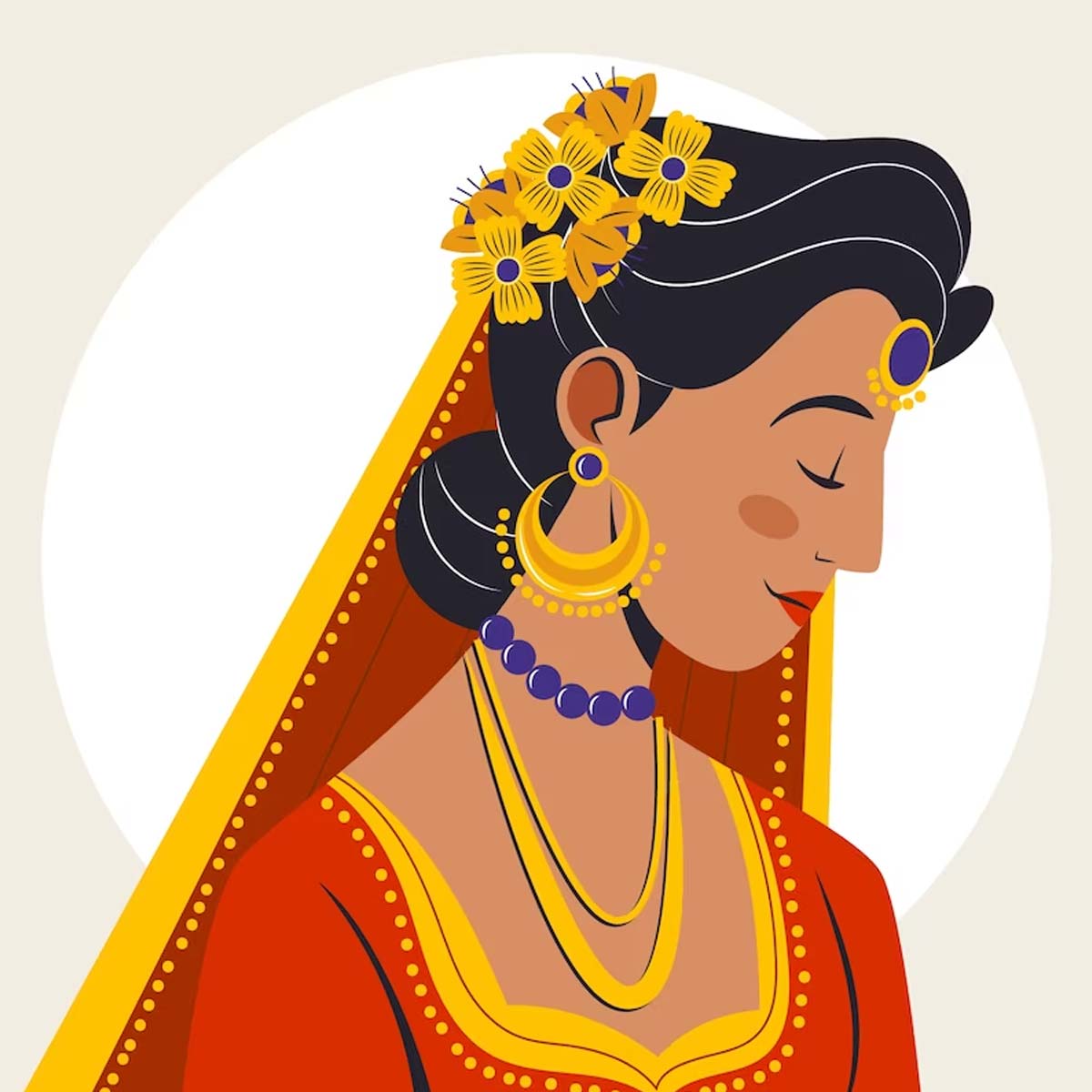
Karnataka High Court passed a judgement in June 2022 calling Stridhan a woman’s ‘absolute’ property. Speaking about the legal aspects of the same, we connected with Swaralipi Deb Roy, a Corporate Lawyer & Practising at the Delhi High Court & Supreme Court of India.
Roy said, “‘Stridhan’ literally means women’s property, ‘Stri’ means women and ‘dhan’ means property. Stridhan is an absolute property that a woman receives during her lifetime.”
The assets included under Stridhan are meant to ensure that a woman has a way to sustain her life. It can be property, money, etc. Since women did not have any property rights in ancient times, it was only Stridhan that used to accumulate throughout their life in terms of assets. However, husbands controlled its flow.

“After the enactment of the Hindu Succession Act, 1956, the properties belonging to a Hindu female are considered as an ‘absolute property’ of her, and she has full right over it,” Roy shared with us.
Described by the Mitakshara (a Smriti that establishes rights by birth), Stridhan was given by her father, mother, husband or brother or at the nuptial fire or presented on her succession.
But Dayabhaga (another scripture that draws on the course of inheritance) rejects the term and states that a woman has all the power over the property given to her during the life of her husband.
However, after the enactment of the Hindu Succession Act, crystal clear provisions were made mentioning the rights of Hindu women on property. “According to Section 14 of the Act, any property possessed by a female Hindu, whether acquired before or after the commencement of the Act, shall be held by her as the full owner thereof and not as a limited owner,” added Roy.

Our legal expert shared that In the case of Rajamma vs. Varidarajulu Chetti, the Madras HC observed that a gift given to a Hindu woman before and after her marriage is constituted as her property.
There are different sources for Stridhan in Manusmriti (Hindu law book), including
The SC, in the case of Pratibha Rani v. Suraj Kumar, disagreed with the view of the Punjab and Haryana court in the matter of Vinod Kumar Sethi v. State of Punjab and held that all the articles, ornaments, clothes and all other items come under Stridhan.
Section 14 (1) of the Act explains the type of properties included in this. They are:
Don't Miss: How The Piercing Male Gaze Has Left Me Disturbed

There are certain restrictions made on women on the disposal of such property. After marriage, the Stridhan was classified into two heads – Saudayaka and Non-Saudayaka. Saudayaka refers to gifts of love and affection given by relatives over which a woman has the complete right of alienation.
Non-Saudayaka refers to those gifts over which the woman has no rights of alienation without the consent of her husband.
The rights of women over Stridhan (History of Stridhan) are as follows:
Don't Miss: 5 'Gold' Investments Women Must Know About
After the amendment of the Hindu Succession Act in 2005, women can also claim absolute rights over immovable property in certain situations. In the case of Bhai Sher Jang Singh v. Smt Virinder Kaur, it was stated that if a woman has received property at the time of marriage, the husband and his family are bound to return it.
Dowry means any property or valuable security given on demand of the bridegroom’s in-laws or his father. Stridhan is given voluntarily. So, one must not confuse it with dowry. There are laws against dowry to protect women.
Also watch this video
Herzindagi video
Our aim is to provide accurate, safe and expert verified information through our articles and social media handles. The remedies, advice and tips mentioned here are for general information only. Please consult your expert before trying any kind of health, beauty, life hacks or astrology related tips. For any feedback or complaint, contact us at [email protected].